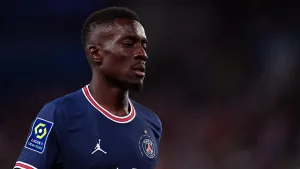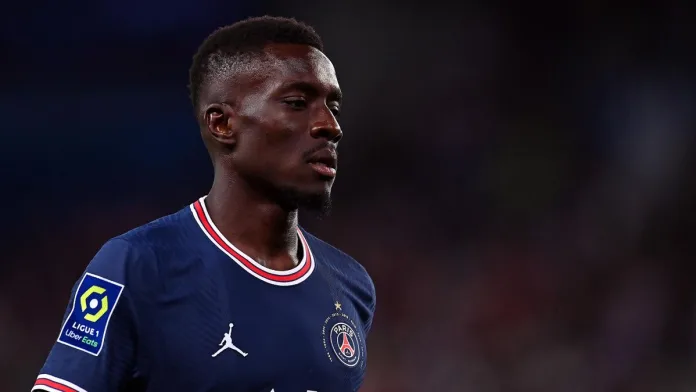France is once again at the centre of controversy surrounding allegations of a lack of religious tolerance, with recent incidents involving prominent athletes reigniting debates on diversity and inclusion within the nation’s sporting landscape.

In recent years, Gana Gaye, a former player for Paris Saint-Germain (PSG), found herself embroiled in controversy after being excluded from the squad for refusing to wear the rainbow flag—an emblem of LGBTQ+ solidarity. While this incident is not new, its resonance persists as a stark reminder of the complexities surrounding individual expression and the demands placed on athletes to align with broader social movements.
SPACE AVAILABLE FOR ADS
In contrast, the latest development centres on Mahamadou Diawara, a member of France’s U19 squad, whose exclusion followed the implementation of new French Football Federation (FFF) rules prohibiting Muslim players from fasting during Ramadan while participating in national team training sessions.
Diawara’s case, though recent, has already sparked outrage and renewed scrutiny, casting a spotlight on the intersection of religious observance and sporting commitments.
SPACE AVAILABLE FOR ADS
Critics argue that these incidents underscore deeper issues of discrimination and exclusion within French sports institutions, prompting calls for greater sensitivity and inclusivity in policy-making and enforcement. As France grapples with these challenges, the international community watches closely, recognising the broader implications for the global sports landscape.






